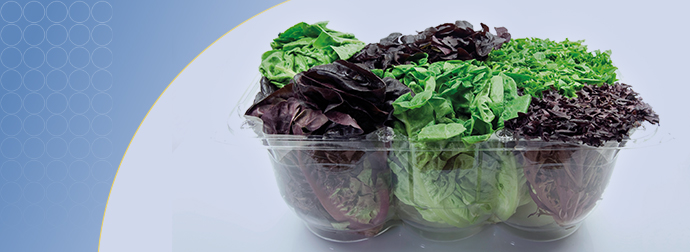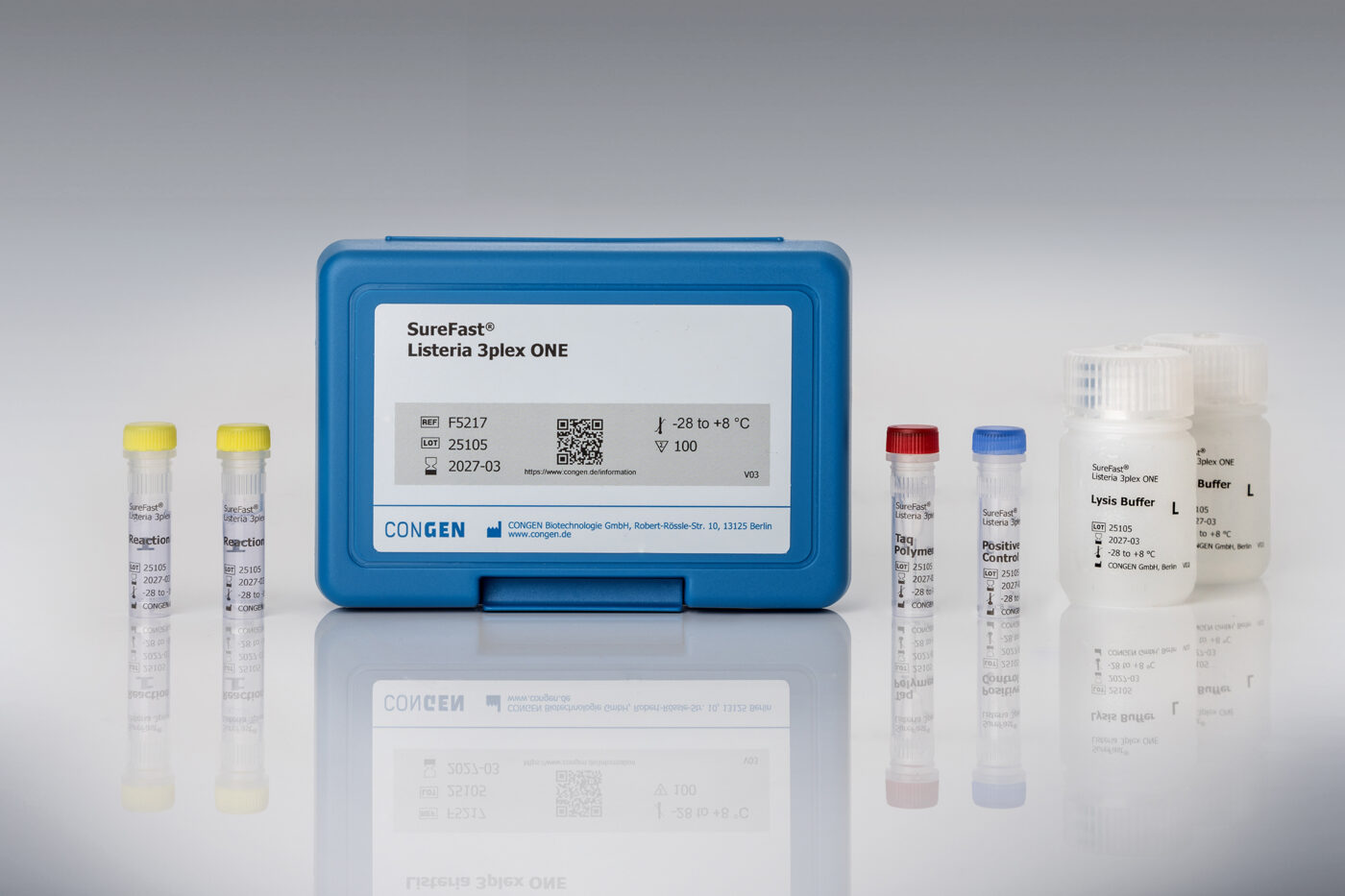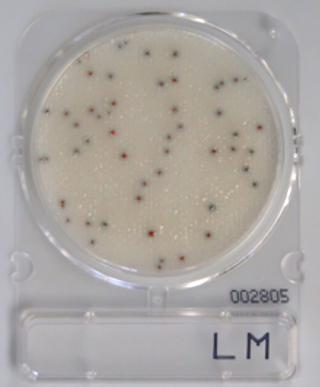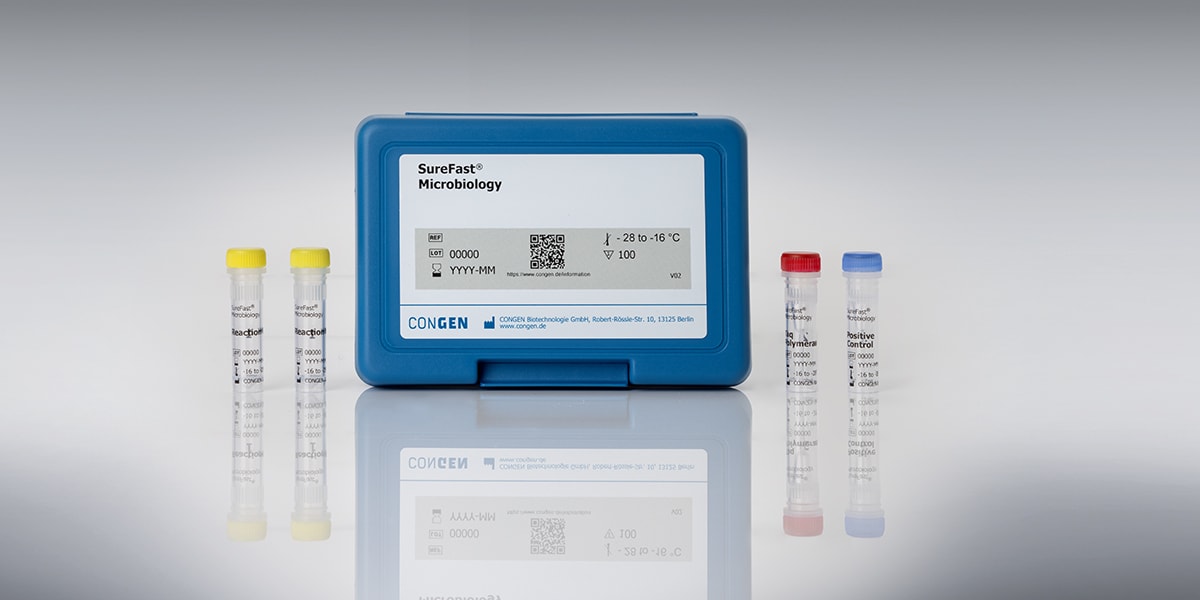
Recent news in Food & Feed Analysis
- Home
- /
- Listeria – a global...
Listeria – a global challenge for food safety

Listeria is currently causing problems in many places: in Europe, frozen corn was recalled; melons led to illness and death of several persons in Australia; and South Africa is experiencing the world’s largest listeriosis outbreak on record with more than 900 infections and around 180 deaths. Here are 5 facts about listeria you need to know when working in food production.
1. Listeria are widespread
Bacteria of the genus Listeria are ubiquitous in the environment and can be found in soils and plants, but also in the intestinal tract of animals and humans. They can get into foods through feces or the environment, during processing or already during harvesting, milking or slaughtering. Foods which are particularly vulnerable include meat, fish and dairy products, but also convenience food such as pre-sliced fruits, ready-to-eat salads or ready meals.
2. Listeria are highly resistant
The human-pathogenic species Listeria monocytogenes can survive in environments which are unfavorable to other microorganisms. The bacteria can survive freezing as well as drying. In addition, they need very little nutrients and can multiply even at low temperatures and low oxygen levels – for example in vacuum packaging in the refrigerator. Some types of listeria can even resist alkalis. However, the bacteria can be killed by cooking, baking, sterilizing and pasteurizing.
3. Listeria can be fatal
Listeria can cause listeriosis, a notifiable infectious disease. The infectious dose is relatively low; 1000 cells are sufficient to trigger an infection. In healthy humans, the infection is harmless and may not even be noticed. However, it may cause a lethal sepsis or meningitis in infants, pregnant women, older and immunocompromised people.
4. Listeria are not easy to detect
Symptoms of listeriosis may not occur until several weeks later. This makes it difficult to trace the source of a contamination. Until the source is found, the bacteria may already have spread to further products or facilities.
5. Listeria require special attention in production
Listeria can form biofilms which can hardly be removed. Thorough cleaning, even in production areas that are difficult to access, is therefore particularly important. It should also be noted that certain processing steps might be favorable for the growth of listeria – for example, condensation water is a major risk in food production.



